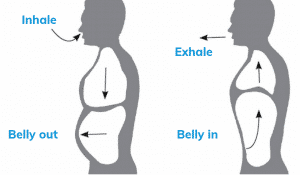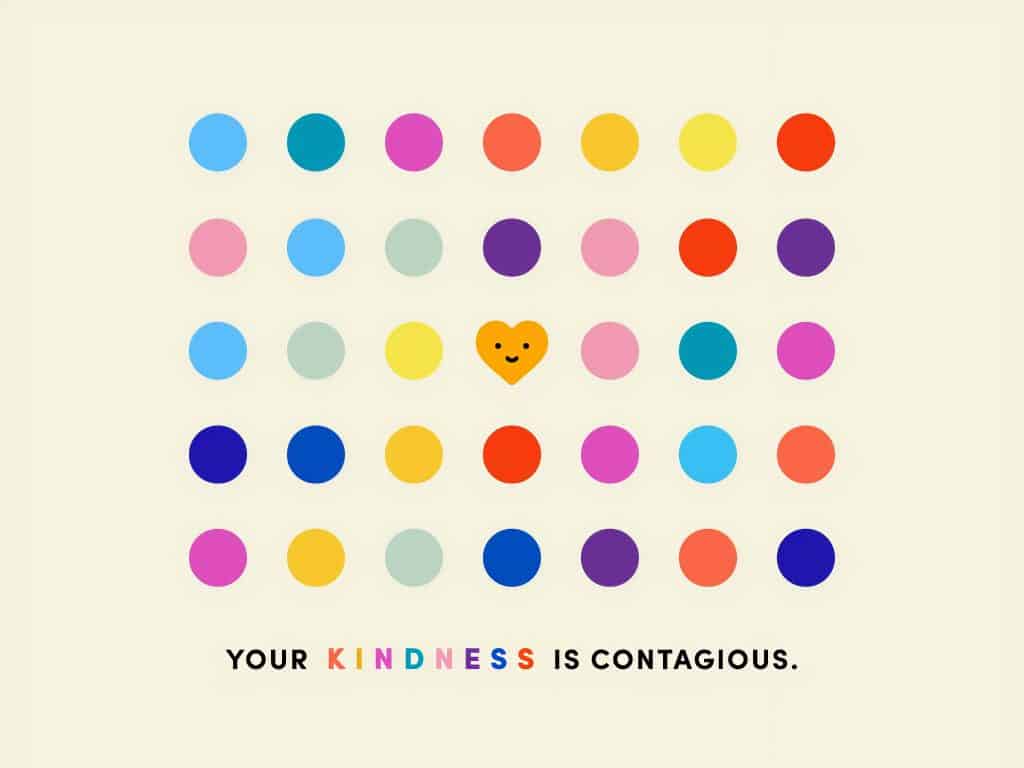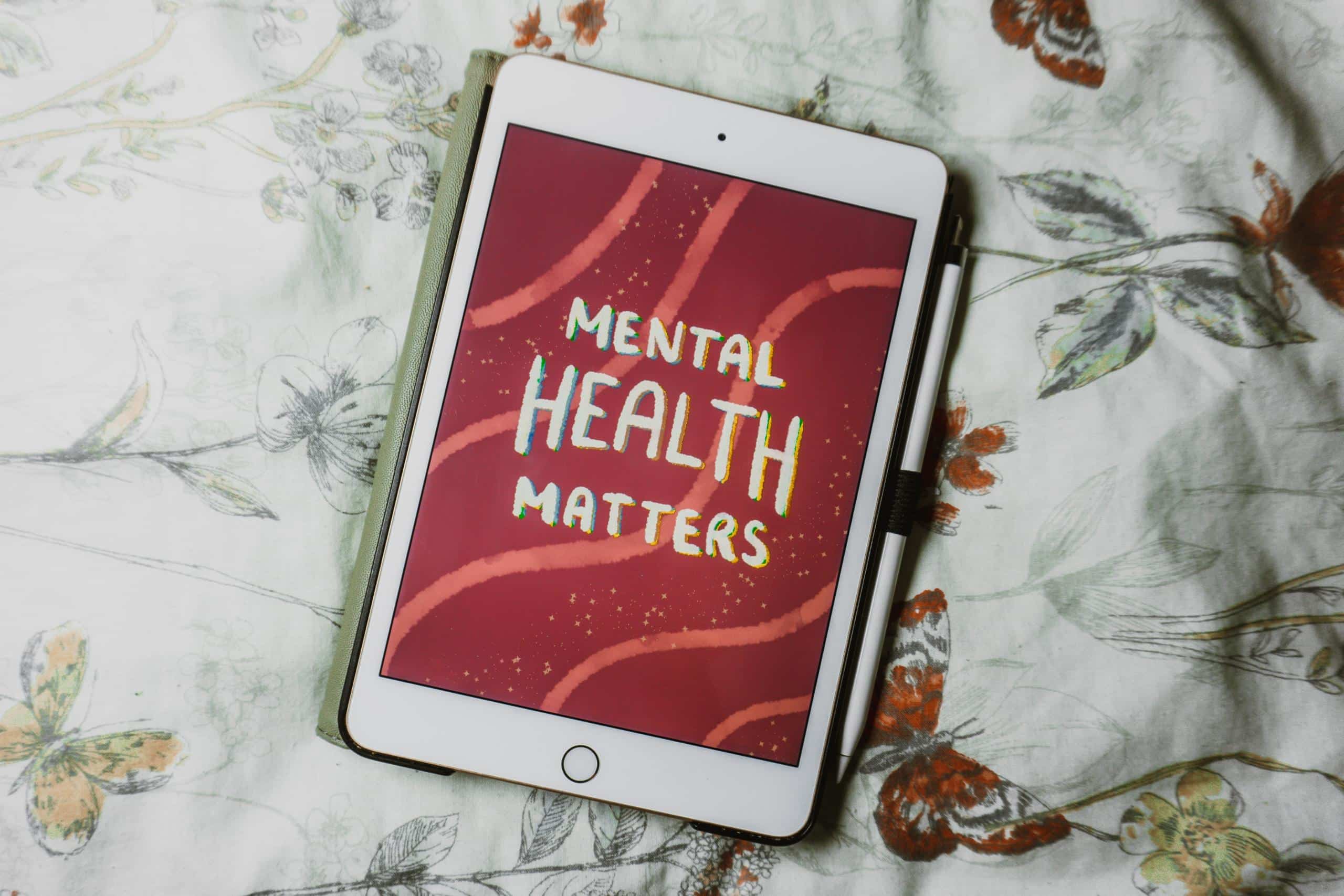Top Tips for International Day of Happiness

Today marks the International Day of Happiness, an annual event organised by the United Nations, to recognise the importance of happiness in the lives of people all around the world.
In response to the Coronavirus pandemic, the theme for this year is ‘Keep Calm. Stay Wise. Be Kind’. As we all face this global crisis together, International Day of Happiness is an opportunity to find positive ways to look after ourselves and one another.
So, how do we respond during these difficult times?
Quick Links
Keep Calm
As we live through Coronavirus, we are frequently faced with feelings of hopelessness, stress and fear. Here’s a few tips that can help you to stay calm.
Remember to breathe
Not surprisingly, focusing on our breath can actually slow the heartbeat and lower blood pressure.
The next time you’re faced with a stressful situation give this a try:
- Take five deep breaths in and out (push your belly out each time you inhale, pull the belly in each time you exhale).
- Imagine all that stress leaving your body with each exhale.
- Repeat every few hours at work or home if you need to.

Connect with Nature
Exercise helps calm the nerves and improve your mood. Get away from your head and head outside for a daily walk. Turn off your headphones and instead open up to all your senses whilst walking. What do you see, hear, feel, smell or even taste?
Try to be present in the moment. Feel the beating of your feet on the tarmac, hear the birds chirping and see the trees swaying in the wind. There is a much bigger world out there beyond the fears and worries that bother us inside.
Get free access to wellbeing resources, news and research Get access to the exclusive Haptivate Wellbeing Resource Hub and stay up to date with all the latest wellbeing at work research, tools and tips by joining our monthly newsletter. We promise not to share your data or spam you with irrelevant information 🙂
Mindfulness meditation
Mindfulness is the practice of focusing attention on what is happening in the present and accepting it without judgment.
Try and sit silently. Pay attention to your thoughts, sounds, the sensations of your breathing or in different parts of the body. Try to gently bring your attention back whenever you notice the mind starts to wander. You can listen to one of our guided meditation audios below:
Regular practice of mindfulness meditation has benefits for your physical as well as your mental health, such as:
- Reduced stress
- Lower heart rate
- Lower blood pressure
- Better sleep
Stay wise
Making wise choices helps everyone. Let’s try our best to choose positive actions that support our wellbeing and help others to do the same.
Our brains are pre-wired with an innate bias towards negative patterns of thought that can drain our confidence, motivation and productivity.
Changing the way you think about situations can lead to better outcomes. Such as:
- Giving others the benefit of the doubt
- Thinking the best instead of the worst
- Looking at what can be gained rather than lost
- Focusing on the facts rather than jumping to conclusions
Think of something that’s playing on your mind – a fear you might have about the future. Write it down and then experiment with different ways of rewriting it from a more positive or hopeful perspective.
E.g: instead of “my kids are going to fall behind at school as a result of COVID”, think “my kids might fall behind at school, but they also might be fine”.
It’s a fine balancing act that takes a bit of practice. Valid fears of the future are designed to keep us safe so we don’t want to ignore them completely. But learned optimism – a sense of hope that things will improve, challenges will pass and we will survive – also aids our survival by helping us not to give up.

Be Kind
We’re all in this together, even at times when we might be forced apart! It’s important to stay connected and reach out to those who might be in need.
Ask people about their lives, their families, hobbies and goals. Really listen to what they have to say. Even if it has to be through Zoom, watch their body language and facial expressions. Be there with them in the moment.
When you give someone your full attention, it enhances the connection. So, refrain from checking your phone, glancing at the TV or other mindless distractions.

Final thoughts
Happy people tend to live longer and have fewer health problems such as high blood pressure or heart issues. We still have a lot to learn about the science of happiness and the benefits of a life well-lived. Hopefully, the International Day of Happiness can raise even more awareness of this and help us all to be happy in 2021 and beyond.
Need a Hand?
If you’re searching for a partner to help improve wellbeing and happiness in your workplace, get in touch with a friendly member of our team. We’re here to help you reach your goals.

Aysha Frost
Digital Marketing





